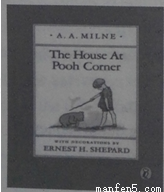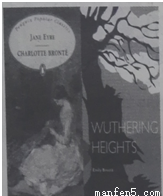题目内容
There lived in the State of Qi a man who had a very bad memory. While walking, he would forget to stop; while sleeping, he would forget to get up. His wife was very much _______ this and said to him one day, “I’ve _______ that Master Ai is a very _______ man. He can even _______ the dying back to life. Why don’t you go and _______ him for advice?”
“Good idea!” the man agreed. So he _______ on horseback, bow and arrow in hand. Before he had _______ a distance of about 30 li he felt a call of nature (想解手). He got off his horse and, after sticking the arrow into the ground and tying the _______ to a tree, crouched down (蹲下) to hide himself. This done, he _______ and looked to the left and then caught sight of the __________.
“Wow!” he cried. “What a narrow escape! I wonder __________ that arrow came from. It __________ hit me.” Then, looking to the __________, he saw the horse.
“Well, well!” he said with joy. “__________ I’ve been badly frightened, I’m now __________ with a horse.” Whipping his horse, he took the __________direction. Not long afterwards, he arrived __________ pacing up and down in front of __________ own house, he said to himself, “Whose house is this? Can this be the house of Master Ai?” __________ this moment, his wife saw him. Guessing that his memory must have gone wrong again, she said dirty words to him. Very much upset, the man __________, “I’ve never seen you before in my life. Why did you say something like that to me?”
1.A. excited about B. angry with C. worried about D. surprised at
2.A. heard B. known C. understood D. told
3.A. kind B. stupid C. strange D. learned
4.A. bring B. take C. get D. lead
5.A. see B. tell C. ask D. look
6.A. set out B. set up C. set aside D. set on
7.A. gone B. covered C. done D. passed
8.A. horse B. bow C. arrow D. hand
9.A. pulled up B. sat down C. stood up D. set up
10.A. arrow B. bow C. horse D. tree
11.A. which B. when C. why D. where
12.A. almost B. closely C. just D. only
13.A. front B. left C. sky D. right
14.A. Even B. Though C. Once D. As
15.A. rewarded B. punished C. fined D. given
16.A. direct B. right C. front D. wrong
17.A. home B. house C. village D. city
18.A. her B. his C. their D. Master Ai’s
19.A. During B. On C. At D. In
20.A. complained B. smiled C. felt D. laughed



